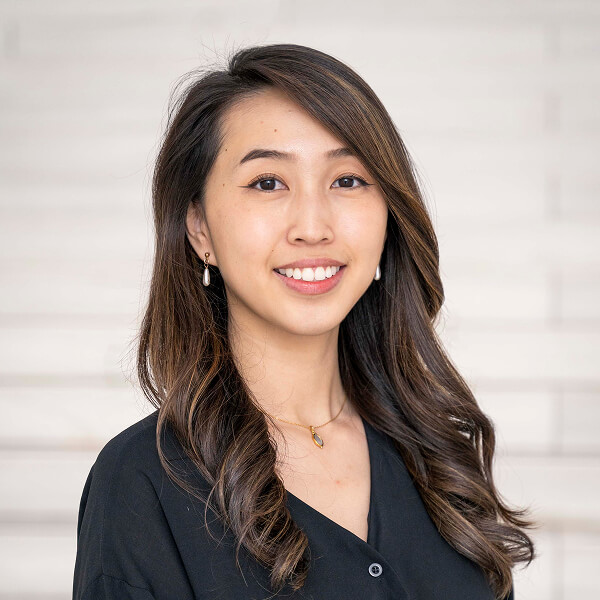Understanding Perceptions and Barriers to Melanoma Care in Asian Patients

Yingjoy Li
Medical Student Award
The Regents of the University of California, Irvine
Thuy Tran, MD
Melanoma is the deadliest type of skin cancer. Although it mostly affects people with lighter skin, those with darker skin, including Asian, Asian American, and Pacific Islander (AAPI) individuals, often experience worse outcomes when they are diagnosed. AAPI patients are more likely to discover melanoma at later stages when treatment is less effective, leading to higher rates of illness and death. This problem is made worse by common misconceptions, such as the belief that people with darker skin are naturally protected from skin cancer. Many AAPI patients also face barriers to timely care, including language differences, limited awareness about melanoma, and cultural beliefs that can delay self-examinations or doctor visits.
Our study aims to improve melanoma outcomes for the AAPI community by examining their unique experiences and challenges in melanoma care. We will work with AAPI patients from various backgrounds to understand how barriers have affected their melanoma care, especially related to awareness and detection of their melanoma. We will also explore how cultural beliefs shape their views on melanoma care. Finally, using this information, we will create educational materials specifically designed for the AAPI community in Orange County, California, a region with one of the largest Asian populations in the United States.
These materials will be translated into commonly spoken Asian languages and tailored to reflect cultural values, ensuring they resonate with AAPI audiences. By increasing awareness and early detection, we hope to empower AAPI individuals to seek timely care, reducing advanced-stage diagnoses and improving survival outcomes. This project has the potential to make a meaningful difference in melanoma care for the AAPI community and could serve as a model for improving cancer education and outcomes for other underserved groups.



